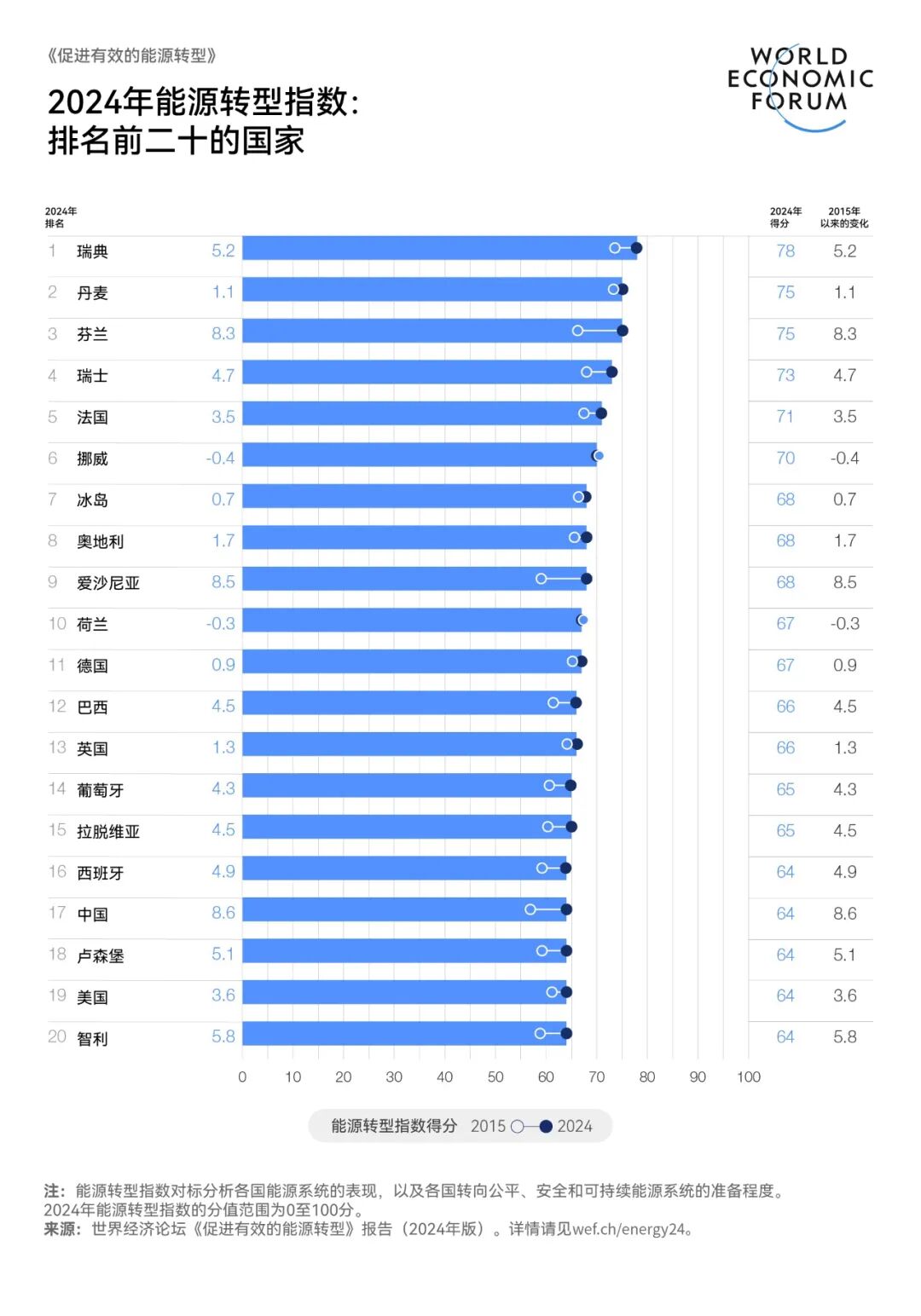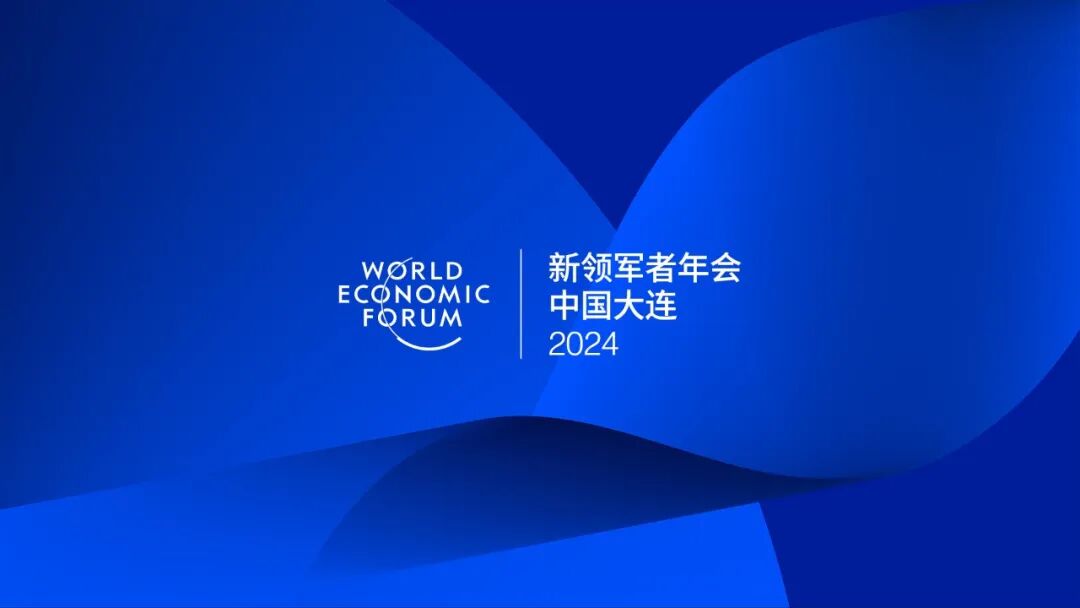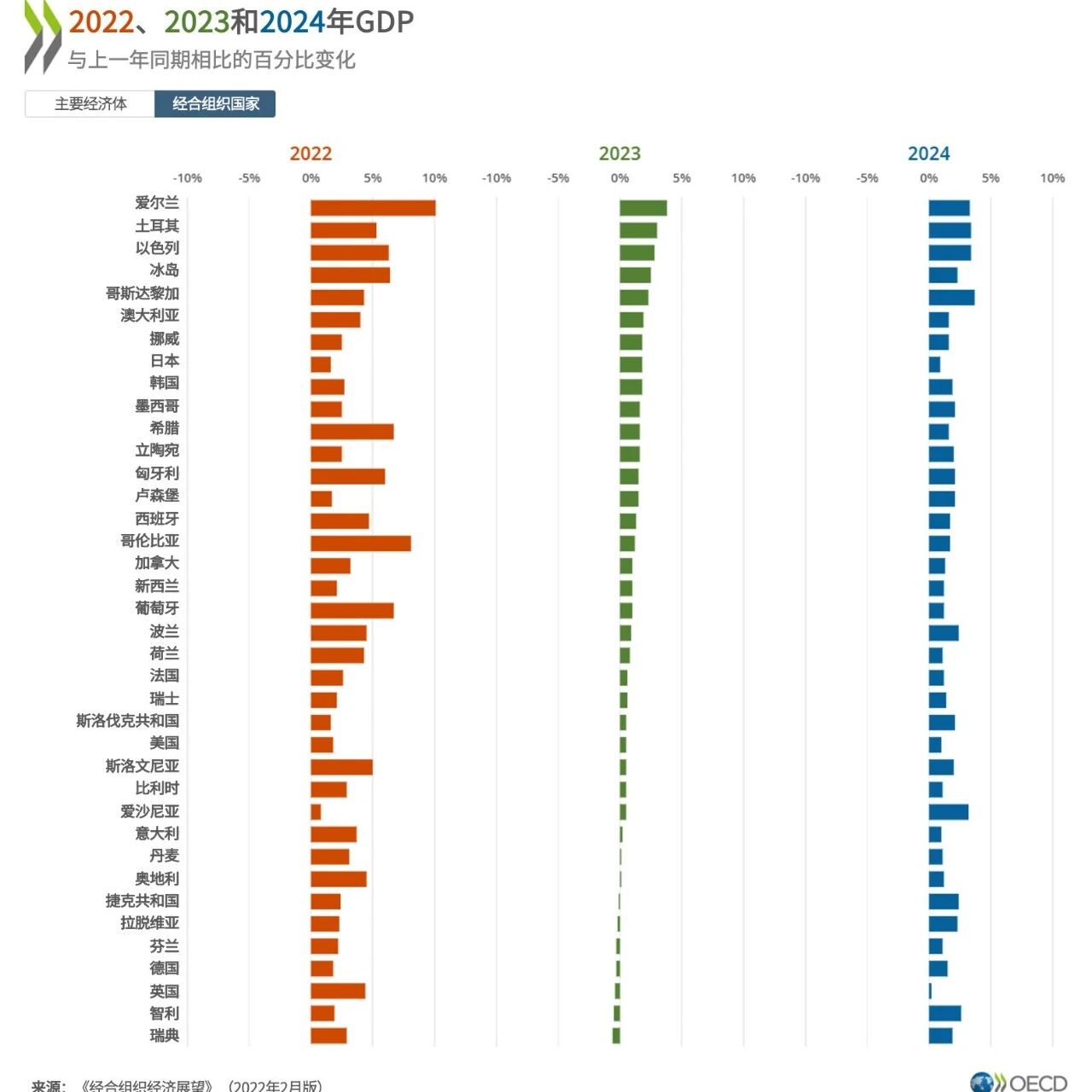“,”Roberto Bocca“,:,;;GDP”2024
2024,,(1)(2),(3)(4)(5),,,,,(11)(12)(13)(17)(19),,1520Overall, the gap between advanced and developing economies in the Energy Transition Index is gradually narrowing, with the "center of gravity" of the energy transition shifting increasingly toward developing countries. However, clean energy investments remain heavily concentrated in developed economies and China, underscoring the critical need for developed nations to provide financial support. This would help accelerate a just energy transition in emerging and developing countries while enabling forward-thinking policymaking across all nations—ultimately fostering a truly conducive investment environment. Of course, there’s no one-size-fits-all solution; instead, tailored policies must be crafted and implemented, taking into account factors such as income levels, national energy resources and demands, as well as regional dynamics, to ensure they align with each country’s unique circumstances."This year’s Energy Transition Index sends a clear message: decisive action is now more urgent than ever. Global policymakers must step up boldly to reignite momentum in the energy transition, paving the way for an equitable, secure, and sustainable energy future. This is critical not only for humanity and the global economy but also for advancing climate action," said Espen Mehlum, Managing Director of Energy Transition Insights and Regional Acceleration at the World Economic Forum.Top 20 Countries in the 2024 Energy Transition Index

Analysis of the 2024 Energy Transition Index Results
The Global Energy Transition Index has reached a record high average score. However, after a slowdown trend was first observed in 2022, the pace of the global energy transition has further decelerated over the past year. The 2024 report reveals that, during the three-year period from 2021 to 2024, the increase in the Global Energy Transition Index score was only one-quarter of what it was between 2018 and 2021. Moreover, compared to last year, 83% of countries experienced a decline in at least one of the three key dimensions of their energy systems: security, equity, and environmental sustainability.The international community still hasn’t found the right path, making it difficult to achieve the ambitious goals set forth in the Paris Agreement—namely, "achieving net-zero emissions by 2050" and "limiting global temperature rise to within 1.5°C." Yet, significant progress has been made in improving energy efficiency and markedly increasing the share of clean energy sources. In recent years, however, rising energy prices have undermined energy equity, weakening the momentum for a sustainable energy transition. Meanwhile, geopolitical conflicts continue to pose serious challenges to energy security.Innovation is the key driving force behind the energy transition, enabling cost reductions, accelerating the adoption of critical technologies, upgrading workforce skills, and attracting investment. The recently released report reveals that while innovation progress slowed somewhat in 2023 and global startups attracted less funding, breakthroughs in certain sectors continue to gain momentum.Digital innovations, including generative AI, have the potential to boost productivity and offer a critical opportunity to bridge the gaps mentioned above while reshaping the energy industry. Generative AI brings significant value, enabling advanced data analysis to deliver innovative predictions and solutions, as well as streamlining existing operational processes and enhancing overall efficiency. However, to fully unlock the transformative potential of generative AI, it is essential to address the risks and challenges these technologies pose in a fair and responsible manner."Senior executives at companies have repeatedly emphasized to us that a clear business case is the essential prerequisite for attracting investment in the energy transition—especially given the backdrop of rising interest rates and emerging talent shortages," said Muqsit Ashraf, Global Strategy Lead at Accenture. "We believe that, powered by generative AI, a robust digital core can boost productivity, enhance return on investment, strengthen talent pipelines, and ultimately spark a new wave of investment enthusiasm."Regarding the 2024 Energy Transition Index
The Energy Transition Index provides a data-driven framework that helps readers understand the performance and readiness of global energy systems in their transition. The index assesses the current state of energy systems and the level of preparedness for transformation across 120 countries, assigning scores based on 46 specific indicators. To be evaluated, each country must provide a consistent and comprehensive set of data for a minimum number of indicators within each dimension of the index.
The system performance score is calculated as a weighted average, considering fairness, security, and sustainability, while the readiness for transition is categorized into two key areas: Core Enabling Factors and Driving Forces. Core Enabling Factors encompass regulatory frameworks, political commitments, and investment and financing mechanisms, whereas Driving Forces include innovation, infrastructure development, education, and human capital.
Finally, a country’s overall score is determined by combining two components: the sub-index scores for system performance (weighted at 60%) and the readiness-for-transition score (weighted at 40%).About the 2024 New Champions Annual Meeting
The 2024 Annual Meeting of the New Champions kicked off in Dalian, China, focusing on the theme "New Frontiers for Future Growth." For more information, visit the World Economic Forum website.
Feel free to share this on WeChat Moments; please leave a comment below the post if you’d like to republish.
Search and follow on Weibo, WeChat Video Channels, Douyin, and Xiaohongshu.
"World Economic Forum"




